A GREAT battle it was not, but the fact remains that South Africa has lost its first real military conflict of the democratic era, with 13 soldiers dead and about double that number injured in the Central African Republic (CAR) capital city of Bangui. Details of the incident are still unclear, but it seems the South African soldiers fought hard but were vastly outnumbered.
They were a small group of about 200, so their chances of making a meaningful difference in the face of the Seleka rebellion were small. In any event, ousted President Francois Bozize, who himself originally came to power in a coup, has fled the capital and rebel leader Michel Djotodia has in effect taken power.
South Africa’s efforts have been for naught and President Jacob Zuma’s image as a peacekeeper has backfired. It’s all well for him to say the actions of these "bandits" will not deter South Africa from working for peace and stability in Africa.
But what kind of intelligence was South Africa relying on? On the face of it, the South African contingent appears to have underestimated the strength of the rebellion and didn’t see the attack on the capital coming. If it had, the troops would surely have been increased or withdrawn. Instead, this small group of South African soldiers was placed in the middle of a civil war with no helicopter, air support or evacuation facility on a doomed mission.
Part of the problem is that the South African National Defence Force (SANDF) troops were deployed in terms of a memorandum of understanding between South Africa and CAR. In other words, they were sent on the basis of a government-to-government pact, rather than with a mandate from the United Nations or the African Union. Since South Africa was seemingly acting unilaterally, it has no real ability to call for support.
As Democratic Alliance defence spokesman David Maynier said on Monday, the nature of the battle calls into question whether the president misled Parliament when he informed members of the joint standing committee on defence that the SANDF was being deployed in CAR to help with "capacity building". It now seems they were deployed to defend particular economic interests near the capital on behalf of a corrupt, authoritarian and unpopular government. The only thing to do now is to withdraw a force that probably should not have been deployed in the first place.


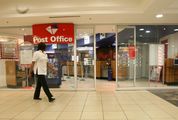
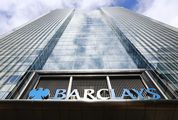
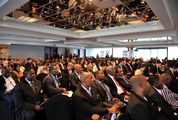


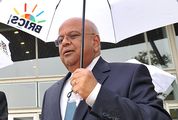

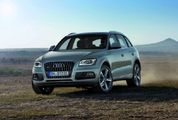











Post a comment